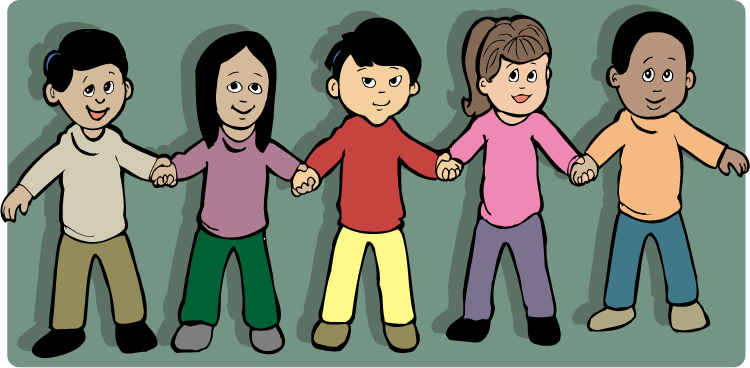Have you noticed behavioral changes in your child that concern you?
Has your child been more irritable, angry and aggressive lately?
Has your child recently experienced something traumatic like divorce or abuse?
Do you worry your child has been abused but are unsure?

You may be wondering if you can take your young child to therapy and if so, would it be effective? The answer is often yes. The most effective type of therapy for young children is called “Play Therapy.”
Play Therapy
Play therapy can be used on children as young as three. Play therapy is to children what counseling is to adults. Play therapy utilizes play, children’s natural medium of expression, to help them express their feelings more easily through toys instead of words.
Play therapy is a specialized area of practice and a way to relate to clients who are unable to verbalize their feelings. Because of this, therapy happens through play. It gets to the emotional functioning of children and that expression of emotion through play.
Children don’t have the cognitive ability like an adult does to say what’s bothering them. Children can work on issues that are distressing to them, can play out issues of what the future will be like and can talk about emotional trauma.
If it’s too hard to put into words, they can work on it with play. Most children realize that something is different and upsetting but don’t have the cognitive or verbal ability to label or express the emotions they’re feeling. Play therapy may be a way for them to express whats troubling them without using verbal language.
How is Play Therapy Therapeutic?
Play therapy creates a safe place where children can express themselves, try new things, learn about how the world works, and work through their problems. As adults, when we have a problem, we often think about it for a while, look at it from different angles, determine our options, sometimes talk about it with others.
When things don’t go as we hoped, we can mentally review what happened and think about how we can handle similar situations in the future. During play therapy, children do these same things using their imaginations. Play therapy provides the tools to help children express themselves, work on their problem, examine different solutions and learn more effective coping skills.
How Play Therapy Works
 Initially, the therapist will usually invite the child to play in an open-ended manner. The child will be allowed to play in almost any way they would like as long as it doesn’t hurt anybody or anything. As treatment progresses, the therapist may become more directive by encouraging the child to play with specific items or participate in certain activities that would address the child’s current problems.
Initially, the therapist will usually invite the child to play in an open-ended manner. The child will be allowed to play in almost any way they would like as long as it doesn’t hurt anybody or anything. As treatment progresses, the therapist may become more directive by encouraging the child to play with specific items or participate in certain activities that would address the child’s current problems.
Play therapy can help children with the following issues:
- Facilitating Healing from Past Stressful or Traumatic Experiences
- Allowing the Expression of Feelings
- Encouraging Creative Thoughts and New Ideas
- Allowing the Development of Healthy Decision-Making Skills
- Enabling the Communication of Problems and Concerns to Others
- Supporting the Learning of New Ways of Thinking and Behaving
Play therapy allows the expression of feelings safely in ways that may be unacceptable in other settings. At school children may not have the opportunity to express their feelings and may act out with inappropriate behaviors. At home children may be reluctant to express themselves for fear of hurting or angering their parents.
Play therapy encourages creative thoughts and new ideas. All children use play to learn about their environment and to solve their day-to-day problems. In play therapy, children will do the same thing and play in ways that help them to make sense of their problems. They can get a better understanding of what is happening in their lives and therefore be in a better position to cope with or adjust to their situation.
In play therapy, children can also pretend to be different characters. This gives them an idea of what it feels like to be in another person’s shoes. This ability to experience and understand different perspectives helps children enormously not only to understand themselves better but also by encouraging them to develop a sense of empathy towards others.

